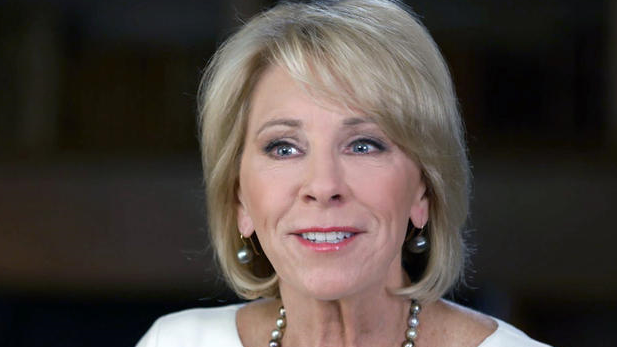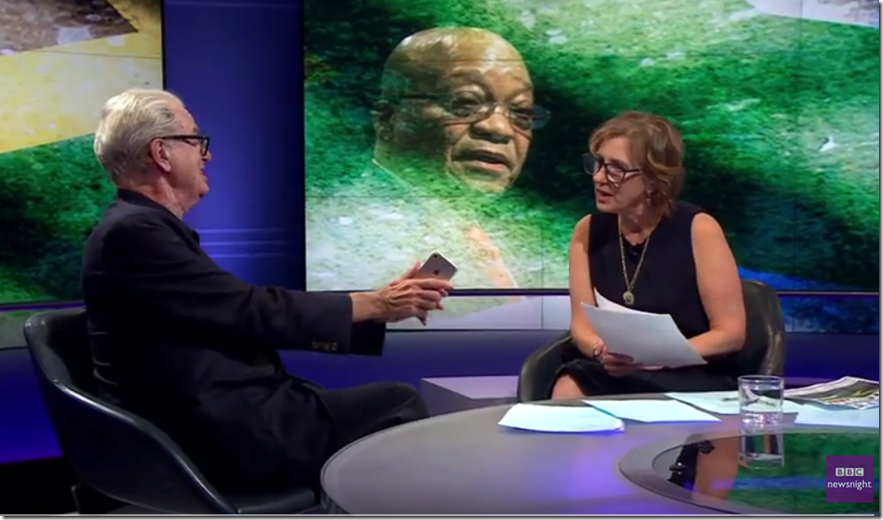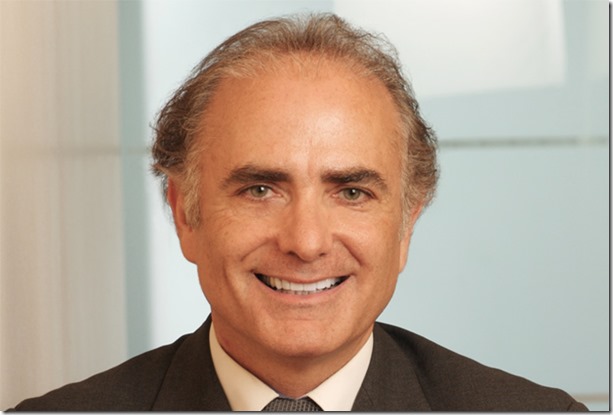BBC: Those Lazy, Flatulent, Feckless Mexicans
Viewers of the popular BBC program Top Gear are used to the humorous hosts making irreverent remarks. But a few recent comments about Mexicans got the hosts in some well-deserved hot water.
Last week, the show’s hosts were discussing a Mexican sports car that they referred to as the “Mexican Tortilla.”
As the co-hosts and audience laughed along, one of the hosts said:
“Why would you want a Mexican car? Cars reflect national characteristics, don’t they…Mexican cars are just going to be a lazy, feckless, flatulent…leaning against a fence asleep, looking at a cactus with a blanket with a hole in the middle on as a coat.”
“I’m sorry, but imagine waking up and remembering you’re Mexican.”
The Mexican ambassador to Great Britain complained, saying:
“These offensive, xenophobic and humiliating remarks only serve to reinforce negative stereotypes and perpetuate prejudice against Mexico and its people.”
And while the BBC apologized, they did it in that weasel-like, half-hearted “If you were offended” kind of way:
“We are sorry if we have offended some people, but jokes centered on national stereotyping are a part of Top Gear’s humour…Whilst it may appear offensive to those who have not watched the programme or who are unfamiliar with its humour, the executive producer has made it clear to the ambassador that that was absolutely not the show’s intention.”
That statement reads as a classic non-apology, refusing the blame and re-directing toward the offended.
The list of public figures who have caused major damage to their careers based on these types of remarks is almost endless, but includes: former Senate candidate George “Macaca” Allen; former CNN Host Rick Sanchez; former NPR Analyst Juan Williams; former movie star Mel Gibson; former funnyman Michael Richards; formerly-heard radio host Don Imus; former Senate Majority Leader Trent Lott; and former White House correspondent Helen Thomas.
I’ll leave it to others to decide for themselves whether they think stereotypical humor is funny. But it has no place in the public square – unless you want to provoke negative press and cause self-inflicted reputational damage.
Related: January’s Five Worst Media Disasters
Related: Why You Should Be Paranoid In Public




I think the apology did not sound like an apology because it wasn’t. It was an explanation, pointing out that it was a joke, nothing more. This might actually be more of a cultural prob-lem: perhaps British ironic humour just doesn’t land well across the Atlantic.
In fact, only recently, a group of Belgium activists started a petition against internet “cen-corship” because providers like facebook and Apple deleted or refused content which was deemed offensive in America, but was seen as unproblematic in Belgium (example: a pic-ture of half-naked women on facebook).
The stuff that I see on TV in the Netherlands would have gotten us threats and warnings from all over the world had it been broadcasted in English. It seems the BBC caught some flack here for the very reason that their content IS understood everywhere – at least linguis-tically.
I’m all for professional communications – but it shouldn’t cost us our sense of humour.
Jasper,
Thanks for leaving such a thoughtful comment. You’re right that there are cultural differences at play here, and although I didn’t acknowledge that it my article, it did occur to me as I was writing it.
I enjoy British humor a lot, and don’t mind generalizations as much if there’s a purpose attached to it (sharp satire, for example). But in this case, I found the Top Gear hosts rather witless, engaging in the easiest (and cheapest) form of broad comedy that could be found in sixth grade schoolyards across the western world.
I’d love to hear from other Europeans – what do you think? Do we just not “get it” over here?
I did not see the full episode, so it’s hard for me to judge if it was, in fact, funny. But even it was not funny, it was clearly a joke right?
To be honest, I am not sure what to think of this issue myself. Do companies on local, English speaking markets (UK, Australia, South Africa, India) have a moral obligation to consider their impact on other markets? (apart from the fact that the BBC is clearly global and even funded by the state, thus carrying additional responsibility).
I’m equally curious to see what others are thinking!
It made me laugh when I first saw it and it made me laugh again watching it back. The joke was so obviously reliant on such blatant stereotyping I was surprised by the huge uproar, but hey I’m not the ambassador for Mexico.
I don’t think the BBC handled it at all well, but as they are part government owned and controlled I imagine that they were forced to apologise.
Anyone offended by the Top Gear comments would be best to avoid the comedy of Frankie Boyle!
Paul
Paul –
Thanks for your comment. I think you and Jasper have both hit on a critical point, that content on the BBC can complicate international diplomacy. It seemed from the British papers that many Brits were also offended — do you think that is indeed the case?
Not sure I can comment on the entire nation, but most of the folks I know were just bemused by the outcry, especially considering Clarkson and co regularly rely on obvious stereotyping for laughs.
racially offensive language is never either funny or acceptable